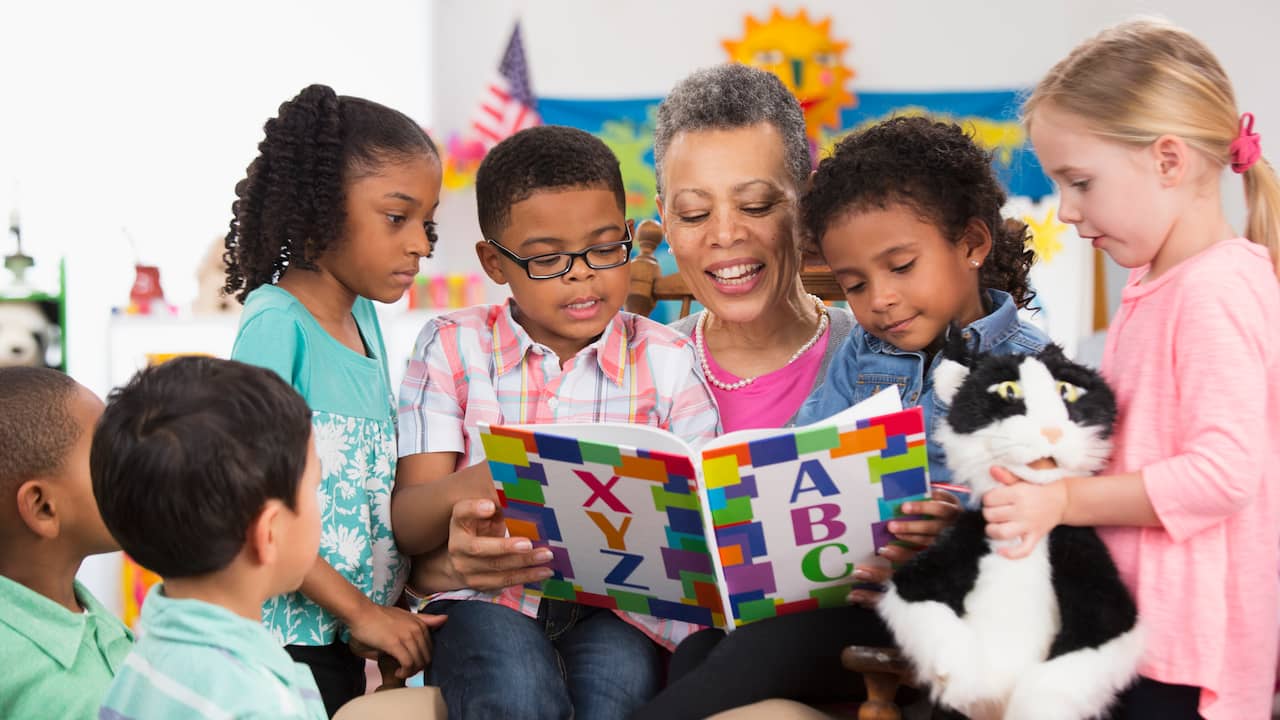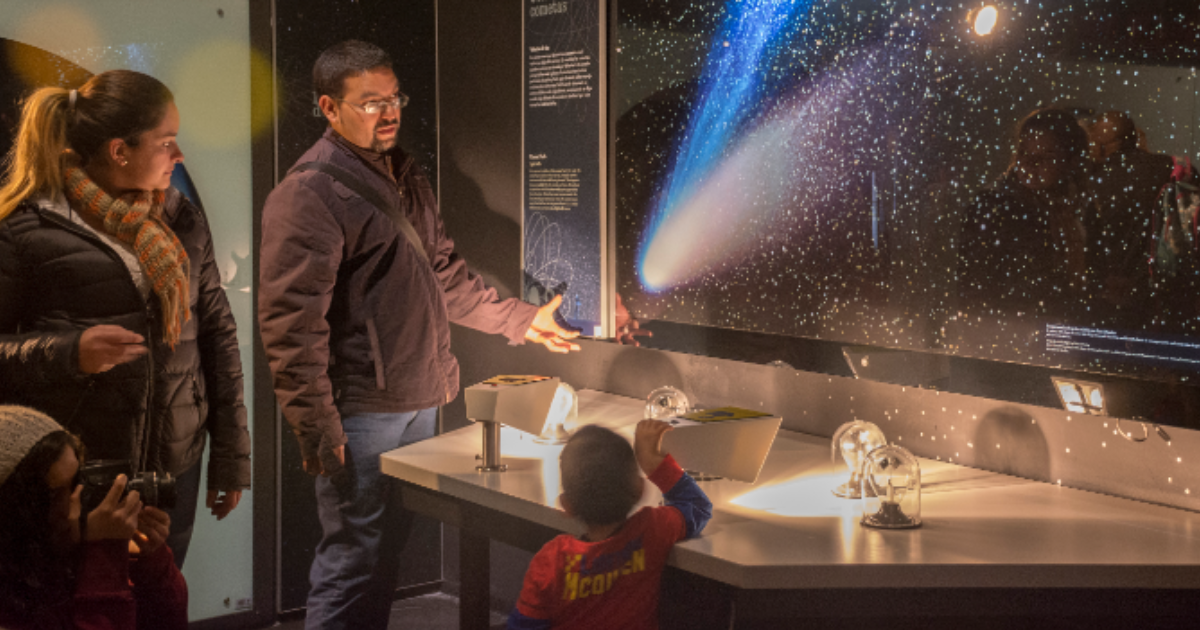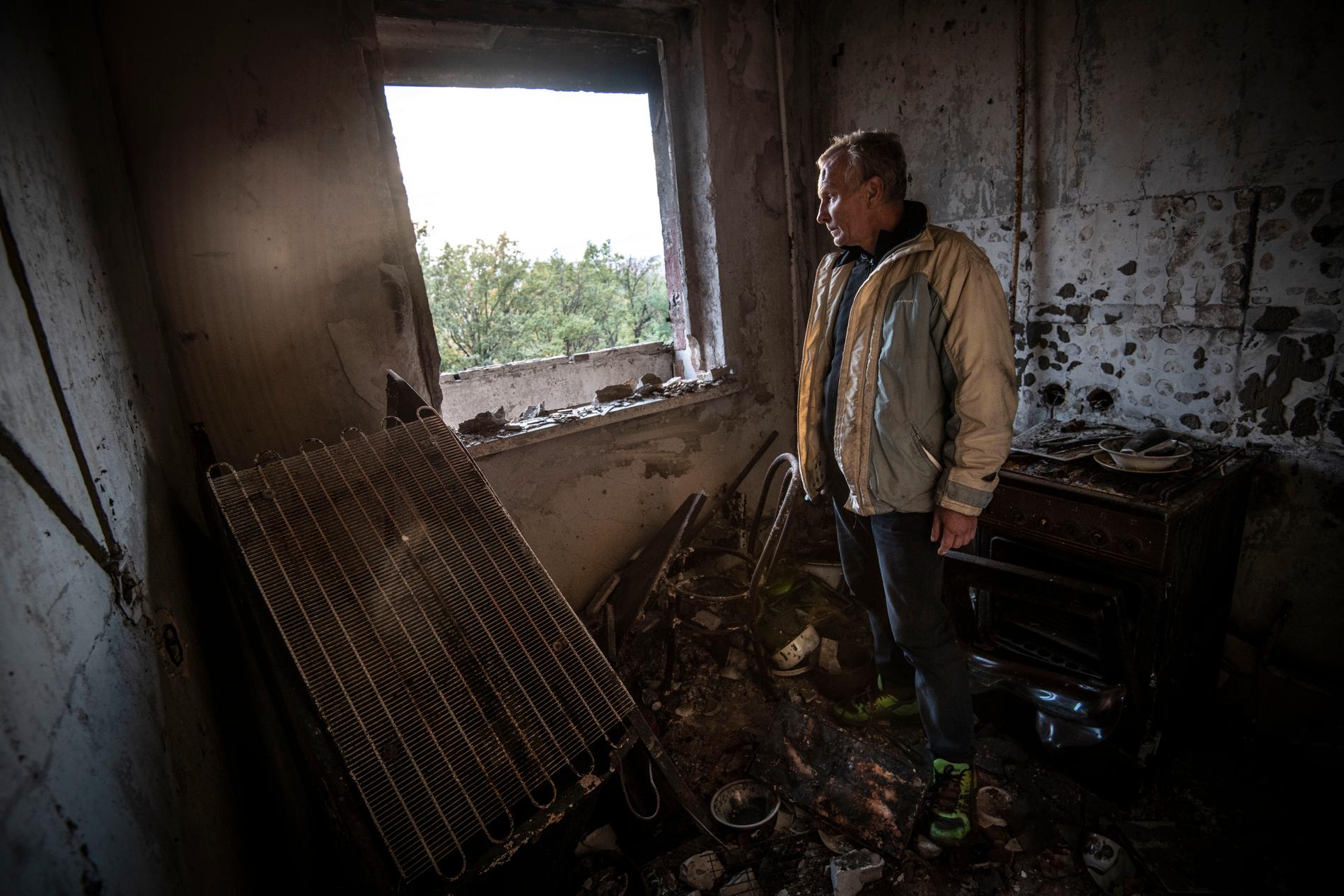Earlier this summer, the Youth Education Fund spent around € 700,000 more than last year to help primary school children. Not about books or teaching, but about basic needs such as sufficient food and drink.
Due to the cost crisis, more parents sometimes simply don’t have the money for it. “The development of these children is under pressure,” Hans Spek of the Youth Education Fund told NU.nl.
Spek is “very concerned” about the development of children with parents in financial difficulties. Instead of supporting children with books, tutoring and teaching equipment, the fund now spends a lot of money on basic needs to allow children to go to school normally.
According to Rogier Kievit, professor of developmental neuroscience at Radboudumc, the cost crisis creates stress among parents. “And the more stress there is at home, the less attention is paid to the child’s development.”
According to Spek, it is an acute problem: “One in four children does not have enough breakfast”. Cite examples of babies who don’t have a normal bed to sleep in or babies who are not yet toilet-trained, but who have to get by without diapers.
The basic needs are obviously the most important, because without food a child cannot function. “But the fund is there to contribute to a child’s entire development and we can’t do it now,” explains Spek.
Kieviet calls the concerns of the Youth Education Fund more than justified. “Crisis is a risk factor for a child’s developmental delay,” says the professor.
The first signs had already arrived before the summer
The fund has already seen a shift before the summer. More and more schools are enrolling. 445 primary schools are currently affiliated with the Youth Education Fund, but up to 1,800 schools are eligible in the Netherlands.
An affiliated school may request € 10,000 to spend on extra transportation, books or tutoring, for example. But now there is hardly any money for it, because the Youth Education Fund now mainly receives applications for basic needs. And the fund finds this a worrying development. “It is important to focus on the development of these children. A child needs more than just food and a bed.”
The differences between children are increasing
According to Spek, the Youth Education Fund is currently working beyond its means. “We had a budget of € 5.5 million this year, so we surpassed it by around € 700,000.” A contribution from the National Postcode Lottery, originally slated for 2024, could be brought forward to make ends meet. “Otherwise we wouldn’t have made it,” he says.
The fund is moderately positive on the new government measures: “We are happy with the price ceiling and the minimum wage, but more needs to be done.”
The House of Representatives is currently working on additional financial support for schools in vulnerable neighborhoods. For example, during the General Political Reflections, a proposal was adopted to unblock € 100 million. This would allow those schools to offer free lunch.
The money for the free lunch must be found in the budget of the education ministry, according to the parties. Prime Minister Mark Rutte said the cabinet would “start” with the proposal.


